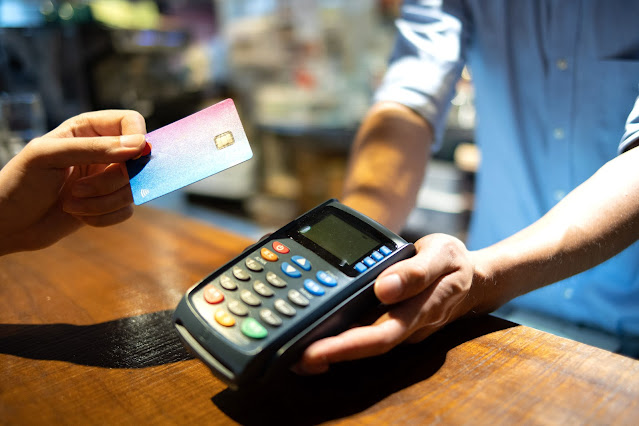Credit Card vs. Cash: Analyzing the Benefits & Drawbacks of Each Payment Method
In the world of commerce, consumers have a variety of payment methods at their disposal, with credit cards and cash being two prominent options. Both forms of payment offer distinct advantages and drawbacks, shaping the financial habits and preferences of individuals. Credit cards provide convenience, security, and the ability to make purchases without immediate funds, while cash offers simplicity, privacy, and a tangible sense of control over one's expenses. However, each method also carries its own set of limitations and considerations. In this analysis, we will explore the benefits and drawbacks of credit cards and cash, helping consumers make informed decisions about which payment method aligns best with their needs and financial goals.
Credit Card:
Benefits:
Convenience:
Credit cards are widely accepted, making them a convenient payment method for both online and in-person transactions. They eliminate the need to carry large amounts of cash and offer the flexibility to make purchases even if you don't have enough funds immediately available.
Security:
Credit cards provide a layer of security against fraudulent activities. Many credit card companies have robust fraud protection measures in place, offering liability protection for unauthorized charges. Additionally, if you lose your card, you can quickly report it and have it canceled to prevent misuse.
Rewards and Perks:
Credit cards often come with reward programs that allow you to earn cashback, points, or airline miles based on your spending. These rewards can add up over time and be redeemed for travel, gift cards, or even statement credits, providing additional value for cardholders.
Building Credit History:
Responsible use of credit cards can help establish and build a positive credit history. Regularly paying your credit card bills on time and maintaining a low credit utilization ratio can boost your credit score, which is important for obtaining loans, mortgages, and favorable interest rates in the future.
Drawbacks:
Debt and Interest:
One of the biggest drawbacks of credit cards is the potential to accumulate debt. If you don't pay off your balance in full each month, you may incur interest charges, which can quickly add up and become a financial burden.
Overspending:
Credit cards can tempt individuals to spend beyond their means due to the ease of making purchases without immediate funds. This can lead to financial stress and difficulty in paying off credit card bills, especially if not used responsibly.
Fees:
Some credit cards have annual fees, foreign transaction fees, and other charges that can eat into your finances. It's essential to carefully review the terms and conditions of a credit card to understand any potential fees associated with its usage.
Cash:
Benefits:
Simplicity:
Cash is straightforward and easy to use. You can make transactions quickly, especially for small purchases, without relying on technology or having to enter PIN codes or signatures.
Privacy:
Cash transactions offer a level of privacy as they leave no digital trail. This can be advantageous for individuals concerned about their financial information being tracked or shared.
Control over Expenses:
Paying with cash provides a tangible sense of control over your spending. Since you can physically see the money leaving your wallet, it may make you more conscious of your purchases and help you stick to a budget.
Drawbacks:
Limited Acceptance:
While cash is generally accepted, there are instances where it may not be the preferred or accepted payment method. Online shopping, certain services, and international transactions often require alternative payment methods.
Risk of Loss or Theft:
Carrying large amounts of cash can put you at risk of theft or loss. Unlike credit cards, cash cannot be easily replaced if it goes missing.
Lack of Rewards:
Cash transactions do not offer any rewards or cashback incentives. Using cash means missing out on potential benefits that credit card users can take advantage of.
Difficult to Track Expenses:
Unlike credit card transactions, cash payments do not provide detailed records of your spending. It can be challenging to track and analyze your expenses, making budgeting and financial planning more difficult.
Bottom line:
In conclusion, the choice between credit cards and cash ultimately depends on individual preferences, financial circumstances, and specific needs. Credit cards provide convenience, security, and the ability to manage expenses effectively, but they come with the risk of debt and potential fees. On the other hand, cash offers simplicity, privacy, and a tangible sense of control over spending, but it can be less convenient and lacks the added benefits of credit card rewards and consumer protections. Ultimately, striking a balance between these payment methods and using them responsibly can help individuals navigate their financial transactions effectively while staying within their means. It's important for consumers to consider their personal financial goals, spending habits, and comfort level with debt before deciding which payment method is most suitable for them.



.jpg)
Comments
Post a Comment